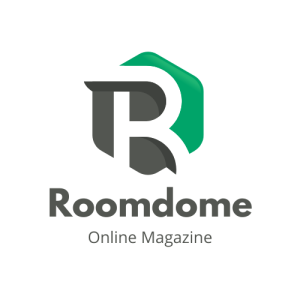In the dynamic landscape of construction projects, billing and invoicing play a critical role in financial management and project success. However, navigating the complexities of construction billing can be challenging, with various factors, such as project scope changes, subcontractor payments, and compliance requirements, influencing billing processes. In this guide, we’ll navigate the construction billing maze, uncovering best practices and strategies to streamline billing processes, improve cash flow, and ensure project profitability.
Understanding Construction Billing Processes
Construction billing involves generating and sending invoices to clients or project owners for work performed, materials supplied, and expenses incurred during the construction project. Billing processes may vary depending on project requirements, contractual agreements, and industry standards, but they typically involve the following key steps:
- Invoice Generation: Prepare detailed invoices that accurately reflect the work completed, materials used, and expenses incurred during the billing period.
- Invoice Review: Review invoices for accuracy, completeness, and compliance with project specifications and contractual agreements.
- Invoice Approval: Obtain approval from authorized personnel, such as project managers or clients, before sending invoices to ensure accuracy and validity.
- Invoice Submission: Send invoices to clients or project owners through preferred channels, such as email, mail, or online billing portals.
- Payment Collection: Track invoice payments, follow up on outstanding invoices, and reconcile payments received against accounts receivable to maintain accurate financial records.
Best Practices for Construction Billing
1. Clear and Transparent Communication:
- Establish clear communication channels with clients or project owners to discuss billing processes, payment terms, and invoicing requirements upfront.
- Provide detailed invoices that clearly itemize work performed, materials used, and expenses incurred to facilitate transparency and accountability.
2. Timely Invoicing:
- Invoice clients promptly for work completed and materials supplied to maintain a steady cash flow and avoid delays in payment.
- Adhere to agreed-upon billing schedules and deadlines to ensure timely submission of invoices and compliance with contractual obligations.
3. Accurate Documentation:
- Maintain accurate records of work performed, materials used, and expenses incurred to support billing invoices and provide evidence of project costs.
- Keep detailed logs of labor hours, equipment usage, and subcontractor payments to reconcile billing invoices and verify project expenses.
4. Compliance with Contractual Agreements:
- Ensure that billing invoices comply with contractual agreements, project specifications, and industry standards to avoid disputes or conflicts with clients or project owners.
- Review contract terms and conditions to verify billing rates, payment terms, and invoicing requirements before preparing and submitting invoices.
Strategies for Streamlining Construction Billing Processes1. Invest in Billing Software:
- Utilize construction billing software or accounting systems to automate invoicing processes, generate customized invoices, and track billing activities efficiently.
- Leverage features such as recurring billing, invoice templates, and online payment portals to streamline billing processes and improve efficiency.
2. Implement Digital Documentation:
- Transition from paper-based invoicing to digital invoicing systems to reduce manual errors, minimize paperwork, and enhance data accuracy.
- Store digital copies of invoices, receipts, and supporting documents in a centralized repository for easy access, retrieval, and archiving.
3. Standardize Billing Procedures:
- Establish standardized billing procedures and workflows to ensure consistency, accuracy, and compliance with billing policies and regulations.
- Train staff members on billing processes and best practices to promote adherence to established procedures and minimize errors.
Conclusion
Navigating the construction billing maze requires a combination of clear communication, accurate documentation, and efficient processes. By understanding construction billing processes, implementing best practices, and leveraging technology-driven strategies, construction companies can streamline billing processes, improve cash flow, and enhance project profitability. By prioritizing transparency, accuracy, and compliance, construction companies can navigate the construction billing maze with confidence and achieve success in their projects.



